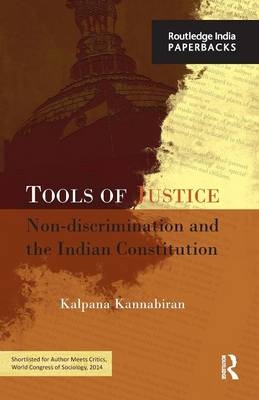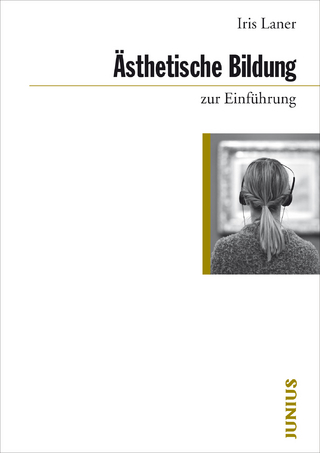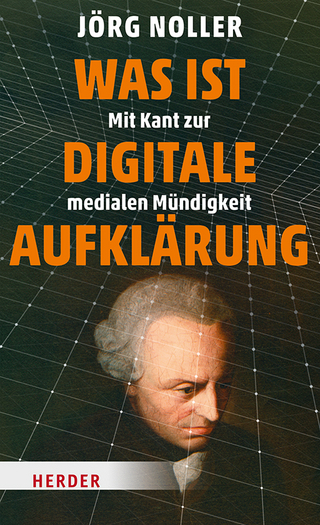
Tools of Justice
Routledge India (Verlag)
978-1-138-85708-7 (ISBN)
In the years since independence, the Indian subcontinent has witnessed an alarming rise in violence against marginalized communities, with an increasing number of groups pushed to the margins of the democratic order. Against this background of violence, injustice and the abuse of rights, this book explores the critical, ‘insurgent’ possibilities of constitutionalism as a means of revitalising the concepts of non-discrimination and liberty, and of reimagining democratic citizenship.
The book argues that the breaking down of discrimination in constitutional interpretation and the narrowing of the field of liberty in law deepen discriminatory ideologies and practices. Instead, it offers an intersectional approach to jurisprudence as a means of enabling the law to address the problem of discrimination along multiple, intersecting axes. The argument is developed in the context of the various grounds of discrimination mentioned in the constitution — caste, tribe, religious minorities, women, sexual minorities, and disability. The study draws on a rich body of materials, including official reports, case law and historical records, and uses insights from social theory, anthropology, literary and historical studies and constitutional jurisprudence to offer a new reading of non-discrimination.
This book will be useful to those interested in law, sociology, gender studies, politics, constitutionalism, disability studies, human rights, social exclusion, etc.
Kalpana Kannabiran, founder of Asmita Collective in Secunderabad and currently Director of the Council for Social Development, Hyderabad, India.
Introduction 1. Liberty and Non-Discrimination: The Scope of Intersectional Jurisprudence Part I. Mapping Disability Discrimination in India 2. Trends in Disability Rights Jurisprudence 3. Recognition of Discrimination Based on Disability 4. Interpreting Disability Rights Part II. Discrimination and the Standard Measures of Diversity 5. The Social Contexts of Caste in India 6. The Caste System, Justice and the Law 7. Untouchability and the Right to Personal Liberty 8. Adivasi Homelands and the Question of Liberty 9. Plural Societies, Religious Minorities and Discrimination Part III. Sex, Gender and the Denial of Freedoms 10. Genealogies of Resistance to Sex Discrimination in India 11. Sex Discrimination Jurisprudence in India 12. Sexual Assault and the Right to Liberty 13. Rethinking the Constitutional Category of Sex 14. Conclusion: Eliminating Hostile Environments — Non-Discrimination, Liberty and an Insurgent Constitutionalism. Bibliography. About the Author. Index
| Erscheint lt. Verlag | 1.4.2015 |
|---|---|
| Verlagsort | London |
| Sprache | englisch |
| Maße | 138 x 216 mm |
| Gewicht | 589 g |
| Themenwelt | Geisteswissenschaften ► Philosophie |
| Recht / Steuern ► Allgemeines / Lexika | |
| Recht / Steuern ► EU / Internationales Recht | |
| Recht / Steuern ► Öffentliches Recht | |
| Sozialwissenschaften ► Politik / Verwaltung | |
| Sozialwissenschaften ► Soziologie | |
| ISBN-10 | 1-138-85708-4 / 1138857084 |
| ISBN-13 | 978-1-138-85708-7 / 9781138857087 |
| Zustand | Neuware |
| Haben Sie eine Frage zum Produkt? |
aus dem Bereich


